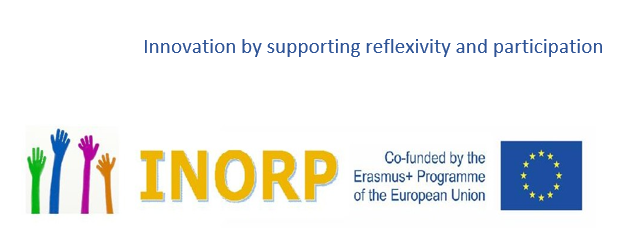
2. Preamble
These model proposals aim to develop a critical and differentiated understanding of and competence in participative approaches to learning, practice and research in the social professions. This is supported by an emphasis on reflectivity throughout by means of guiding questions. Reflective abilities are an essential competence for accountable professional practice (but are not the explicit objective of this curriculum). As a criterion for defining and clarifying the purpose of participatory approaches to practice and learning they correspond to the fluidity and flexibility intended in this proposal since participation cannot be learned according to standardised rules. Reflectivity is a skill for monitoring the effects the exposure to the material and the encounters with service users have on the learners and their learning processes. Reflectivity is to be treated not primarily as an individualised activity but as a dialogical process whereby knowledge, experience and assumptions can be explored openly without the pressure of thereby finding “the definitive approach”. The aim of the programme is therefore to explore the margins of both reflectivity and participation in an interactive context and approach.
This requires explicit attention to processes of trust-building among teachers and learners, learners among themselves, service users and academic institutions.
The guiding principles underlying this proposal are contained in the accompanying “Practice Guide”- Output 4 INORP.